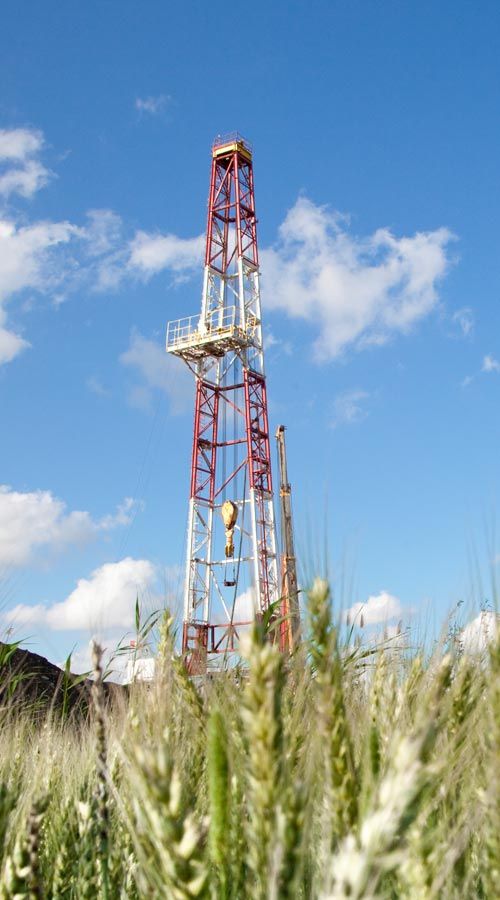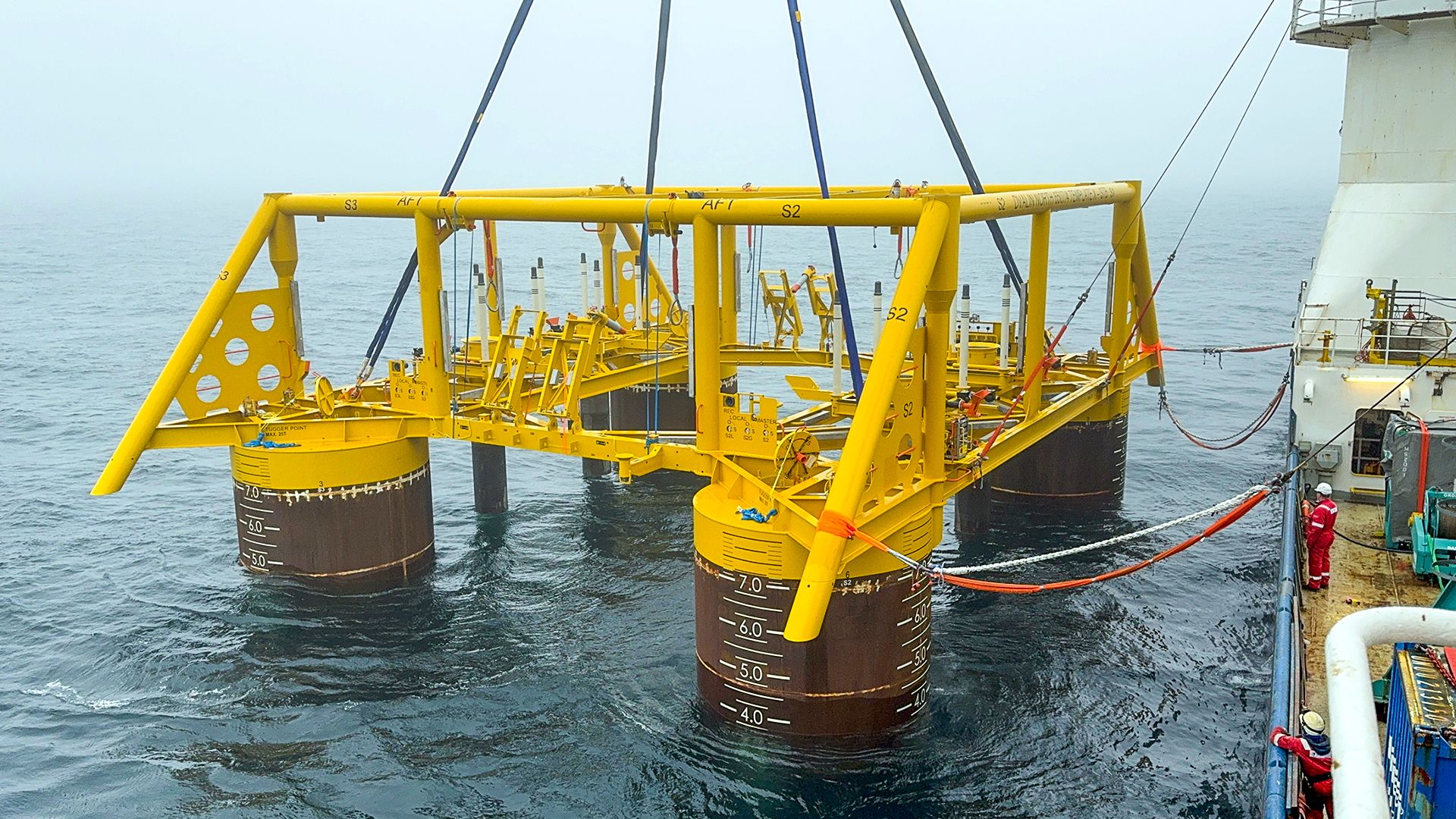Methane Emissions: gold for reporting


- Wintershall Dea once again meets the highest standard for transparent and comprehensible reporting on methane emissions
- UN Environment Programme and Environmental Defense Fund support the OGMP 2.0
- Data are already available at a high level for operated activities
The Oil & Gas Methane Partnership 2.0 (OGMP 2.0), initiated by the United Nations Environment Programme (UNEP), represents the highest standard for methane reporting. The initiative’s aim is for the oil and gas industry to greatly reduce its methane emissions by 2030 – and to make this transparent and comprehensible for citizens and policymakers. At present, the members of the initiative comprise the Environmental Defense Fund (EDF), the European Commission and more than 60 companies from the gas and oil industry, including Wintershall Dea.
The data and progress of the participating companies are published in the annual International Methane Emissions Observatory (IMEO) report. Wintershall Dea has now received the gold standard set by the OGMP 2.0 for methane reporting for the second year in a row. According to the OGMP 2.0, Wintershall Dea already has good reporting as well as a solid and detailed plan to achieve the highest OGMP 2.0 reporting standard for all activities (own-operated by 2024, partner-operated by 2026). The IMEO report was released on 31 October 2022 at ADIPEC, the largest energy exhibition in the Arab region, in Abu Dhabi.
“For us, being awarded the gold standard represents both an incentive and an obligation,” said Mario Mehren, CEO of Wintershall Dea. “We aim to be a leader in carbon-efficient gas and oil production and will continue to vigorously reduce our methane emissions – in both our operated and non-operated activities together with our partners.”
Measurement-based reporting expanded
In 2022, Wintershall Dea increased the amount of measurements it took at its production facilities in Germany, the Netherlands, Egypt, Mexico and Russia. The findings gathered during this global leak detection and repair (LDAR) campaign replace the calculated values and thereby improve the accuracy of the reporting. Almost all LDAR data are available for Wintershall Dea’s operated activities. These are currently being supplemented by employing new technologies, such as drone- or sensor-based measurements. In addition, data are already available for more than half of its non-operated activities.
Wintershall is involved in the following voluntary initiatives:
About Wintershall Dea
Wintershall Dea is Europe’s leading independent natural gas and oil company with more than 120 years of experience as an operator and project partner along the entire E&P value chain. The company with German roots and headquarters in Kassel and Hamburg explores for and produces gas and oil in 12 countries worldwide in an efficient and responsible manner. With activities in Europe, Russia, Latin America and the MENA region (Middle East & North Africa), Wintershall Dea has a global upstream portfolio and, with its participation in natural gas transport, is also active in the midstream business. More in our Annual Report.
As a European gas and oil company, we support the EU's 2050 carbon neutrality target. As our contribution we have set ourselves ambitious targets: We want to be net zero across our entire upstream operations – both operated and non-operated – by 2030. This includes Scope 1 (direct) and Scope 2 (indirect) greenhouse gas emissions on an equity share basis. Wintershall Dea will also bring its methane emissions intensity below 0.1 per cent by 2025 and maintain zero routine flaring of associated gas in its operations. In addition, we plan to reduce emissions resulting from the use of hydrocarbons by applying CCS and low-carbon hydrogen technologies, potentially building up a business abating 20-30 million tonnes of CO2 per annum by 2040. You can find more about this in our Sustainability Report.
Wintershall Dea was formed from the merger of Wintershall Holding GmbH and DEA Deutsche Erdoel AG, in 2019. Today, the company employs around 2,500 people worldwide from almost 60 nations.

